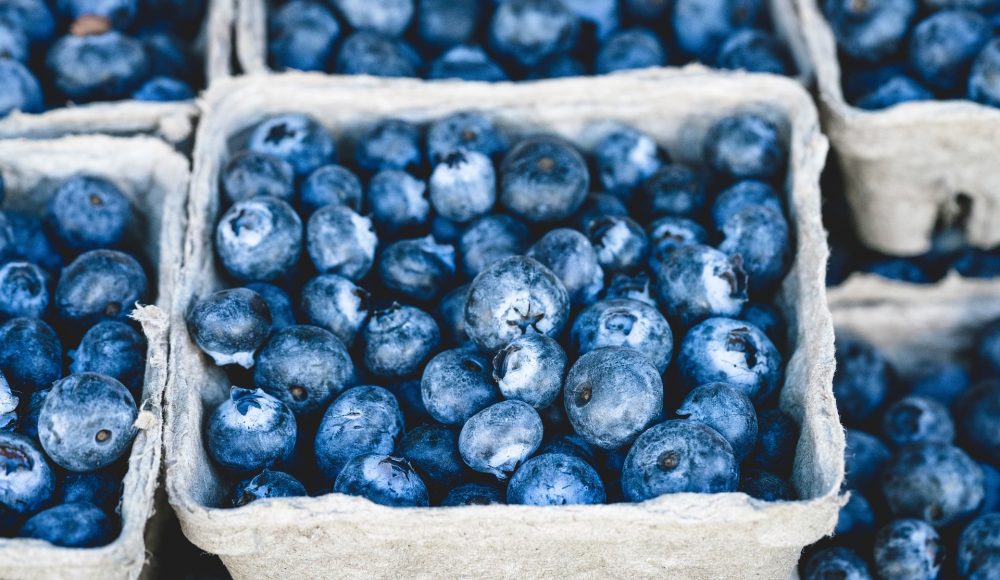Healthy Eating Trends Provide Opportunities for Consumer Packaged Goods
27th March 2017

As Millenials age into adulthood and Baby Boomers hit retirement, both groups are more focused than ever on healthy eating, and trends for healthy, convenient foods are developing. In 2015, the US consumer packaged goods sector noted growth over the previous four years. Companies with the most success are smaller, more niche, companies with less than USD $5 billion in sales.
Market Opportunities for Healthy Prepackaged Foods
Consumers are looking for new health-conscious options that include vitamin and mineral enriched foods, foods that are nutritious, filling and tasty. Shoppers are rejecting some of the standard fare doled out by larger companies or companies who might claim health in one area but then increase elements such as sugar or sodium. Niche companies that are doing well for themselves are Bai, maker of anti-oxidant fruit drinks; Vita Coco, producer of coconut products; and Quest Nutrition provider of protein-rich powders, bars, shakes and chips.
Global Demand
In 2015, Nielsen conducted a Global Health & Wellness survey, capturing the opinions of 30,000 people from across the world. The survey reveals that 88% of respondents are, indeed, willing to shell out more money for healthy foods as opposed to their unhealthy counterparts. This type of information has large brands like Campbell’s and Mondelez sitting up and taking notice and constantly working towards bringing new foods to market that focus on non-GMO, organic and all-natural ingredients with a heavy focus on fruits and vegetables and a noticeable lack of sugar, salt and other health crashers.
The Nielsen report indicates that obesity is a worldwide issue that people are looking to do something about. In fact, respondents from over 60 countries indicate that they are actively trying to lose weight in the form of making better health choices, aided by healthy consumer packaged goods. Items such as low-carb diets are on the rise in Asia-Pacific, Latin America and North America, while Euromonitor reports that Europeans, notably France, Turkey and the UK, lead the way in the demand for protein-bolstered snacks including nuts, seeds and vegetables.
Consumers Expect Convenience
Forbes notes that consumers are willing to pay more for healthy food products that fit their lifestyle, both in terms of dietary demands and convenience. The increase in demand for foods that are gluten free, sugar free, low sodium, protein rich and non-GMO spans the globe. Consumers want products that help them live better lives and this includes promoting health and wellness as well as buying them more quality time.
Online retailing of food items is growing, with an increase in options for both buying food online and having that food delivered. And savvy brands realize that the use of online retailing is aided with the development of attention-grabbing and consistent social media and content marketing campaigns. Corner convenience stores are also now stocking more prepackaged health foods, driven by consumers wanting healthy, on-the-to options.
Through thorough market analysis, Cornfield & Partners can help you appraise global market opportunities in consumer packaged goods and find new sales opportunities. For information, contact info@cornfieldpartners.com or call us on +44 (0) 20 7692 0873.
